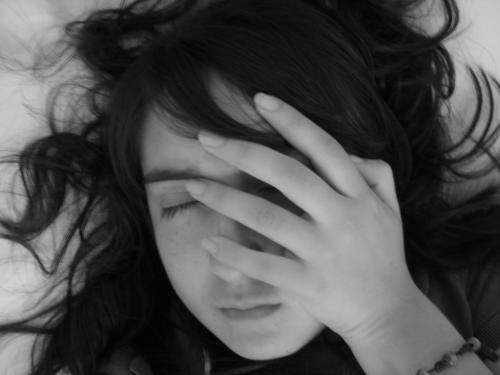Sleep deprivation found to trigger initial seizure

Neurologists studying WA's first-ever seizure database have established that sleep deprivation is more likely to act as a trigger for people having seizures, rather than a provoked cause of epilepsy.
Royal Perth Hospital neurologist and lead author Dr Nicholas Lawn says it is generally accepted that there is a link between sleep deprivation and seizures but what is unclear is whether seizures occurring during sleep deprivation should be regarded as a provoked cause.
The International League against Epilepsy (ILAE) had documented prior expert knowledge in this area stating: 'they do not define seizures associated with sleep deprivation as provoked'.
Dr Lawn and his research team were able to support and provide statistical evidence for this ILAE rationale.
"[The research] provides support for the concept that a first-ever seizure occurring in the setting of sleep deprivation should not be considered provoked and management in this situation, including driving advice, should not differ from that provided for patients with a first-ever unprovoked seizure," Dr Lawn says.
When diagnosing a first-ever seizure neurologists look for a provoked cause such as what happened in the patient's life leading up to the seizure.
For instance, an acute metabolic disturbance such as very low glucose or sodium may provoke a seizure.
In this research it was concluded that sleep deprivation is an unprovoked cause of first seizures and had little or no influence on the likelihood of seizure recurrence.
The study included a cohort of more than 1000 patients suffering from sleep deprivation in terms of both partial (50 per cent less sleep) and total sleep deprivation (<4 hours sleep in 24 hours).
The likelihood of seizure recurrence in patients with first-ever unprovoked seizures occurring with and without sleep deprivation were compared with results from patients with first-ever seizures related to a clearly defined proximate cause.
"The research indicates that sleep deprivation is more likely to be a trigger than specifically a cause of a first-ever seizure," Dr Lawn says.
Epilepsy is difficult to diagnose and its causes are varied and not always clear.
"In approximately 50 per cent of cases the actual cause of epilepsy cannot be identified," Dr Lawn says.
"However, with advanced neuro-imaging (MRI) and genetics this number is likely to fall significantly."
The WA first-seizures database is extensive, claiming a large cohort and longitudinal data dating from 2000.
It will continue to play a significant role in providing researchers with valuable information to aid future diagnosis and management of patients with epilepsy.
More information: Nicholas Lawn, Sam Lieblich, Judy Lee, John Dunne, "Are seizures in the setting of sleep deprivation provoked?" Epilepsy & Behavior, Volume 33, April 2014, Pages 122-125, ISSN 1525-5050, dx.doi.org/10.1016/j.yebeh.2014.02.008.














